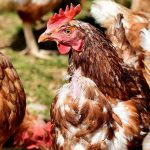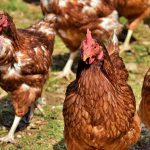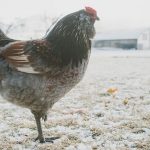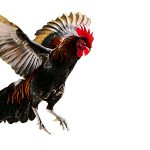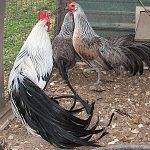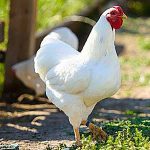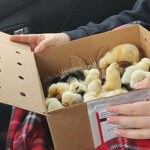
Baby chick ship dates and Cackle Hatchery® store pickup dates change with each calendar year. For this year’s ship dates, consult our Chick Season® calendar. Chick Ship Dates We hatch and ship baby chicks from February through September. To avoid weekend layovers at the post office, we ship on Mondays and Wednesdays. We make exceptions […]
Continue Reading
